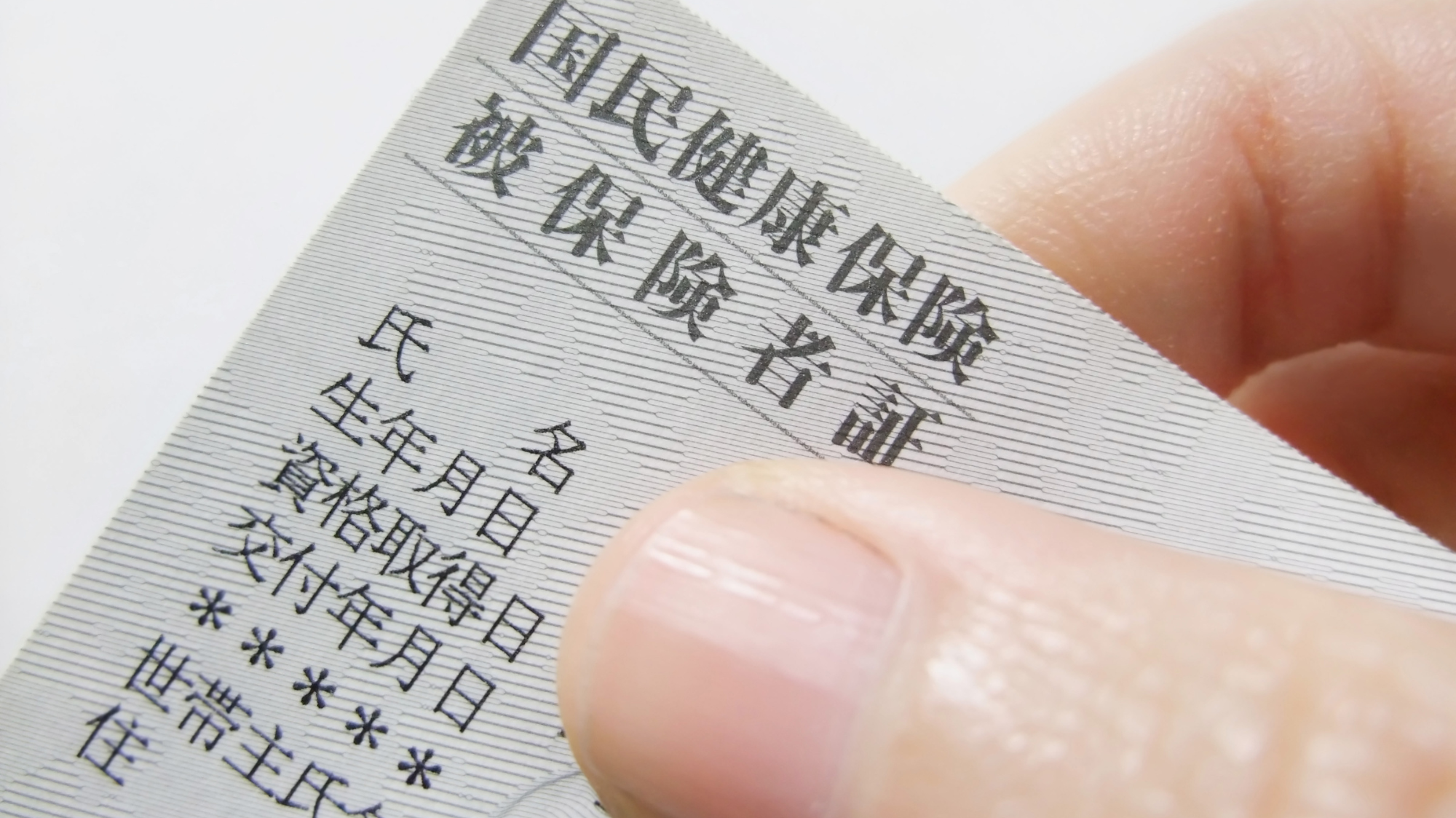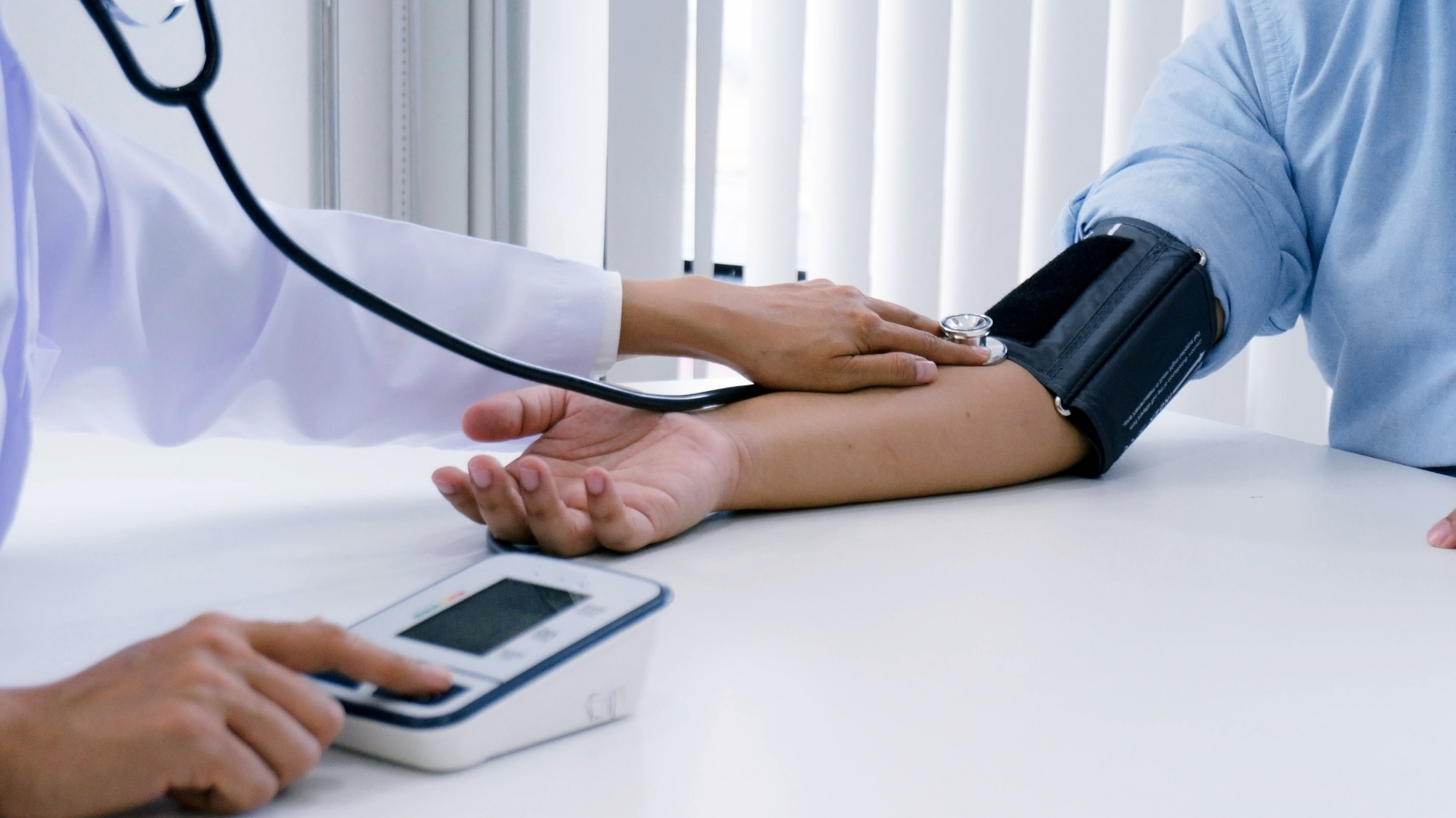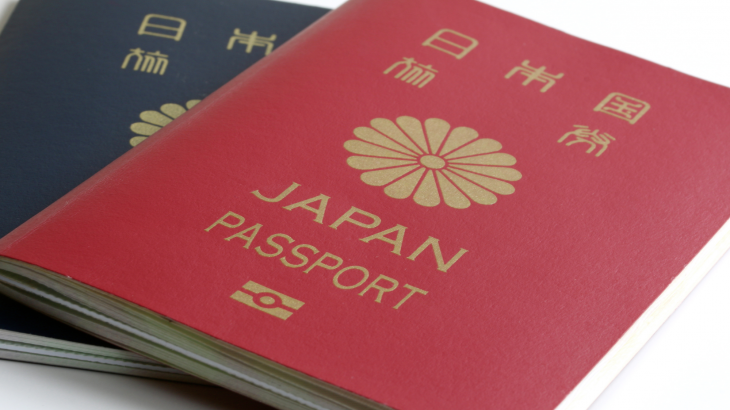Japan’s national health insurance system has received global attention thanks to its advanced framework. It ensures equal access to medical services for everyone living in Japan, including foreign workers and interns. The most notable feature of the Japanese health care system is required mandatory participation and brings high-quality medical services at affordable prices.
For those from countries where health insurance participation is not compulsory, Japan’s national health insurance system is an ideal system they can confidently use. This article will explain in detail the basic overview of the national health insurance system, its benefits, how to use it, as well as important features that foreigners need to know. Understanding this system policy will be the key to a secure and comfortable life in Japan.
The Japan Health Insurance System

The Japan National Health Insurance System is designed for everyone living in Japan, regardless of occupation, age, or nationality, can receive medical services. The foundation of this system is for a place that “everyone has the right to high-quality medical services equally.”
This system mainly includes two types of insurance: “Health Insurance” and “National Health Insurance.” The difference between “Health Insurance” and “National Health Insurance” mainly lies in the participants and the contribution method. “Health Insurance” is for employees such as civil servants or company employees, with the insurance premium shared between the employer and the employee. On the other hand, “National Health Insurance” is for self-employed individuals, freelancers, unemployed persons, students, and those who cannot participate in insurance through their workplace. Premiums are determined based on income, household structure, and place of residence. This creates a mechanism where everyone living in Japan has access to medical services.
Conditions and Procedures for Participation
Foreign workers, such as interns, can also participate in these insurances if they live in Japan. The registration process is carried out at the local office where they reside, but usually, foreign workers like interns are supported by their workplace or related organization to complete the procedures.
Insurance Premium
The insurance premium depends on income, family structure, and place of residence. For Health Insurance, the premium is calculated based on a certain percentage of the salary and is shared between the employer and the employee. In the case of National Health Insurance, the premium is determined based on the annual income and assets of the household. Both insurances play an important role in reducing the financial burden when using medical services.
Interns usually join the National Health Insurance during their study period and switch to Health Insurance when they start their internship. During their study period, because they are not in a regular employment form, they will join the National Health Insurance, but when they start the internship, due to the establishment of an employment relationship, they need to switch to Health Insurance.
Medical Services
With an insurance card, you can receive examination and treatment services at most medical facilities in Japan. When visiting a doctor, you need to present your insurance card and pay a portion of the medical cost (usually about 30% of the total cost). This system significantly reduces concerns about having to pay high medical costs.
Benefits of The Japan Health Insurance System

Easy Access to Medical Services
The Japan National Health Insurance System is applied to most medical facilities across the country, allowing participants not to be restricted to certain medical facilities and to use high-quality medical services everywhere. Especially for foreign workers, they can use necessary medical services without worrying about language barriers or geographic location.
Reducing Financial Burden
Because only 30% of the medical costs need to be paid, patients do not have to bear a heavy financial burden even when you incur high medical care costs. For example, if medical expenses amount to 100,000 yen, the patient only needs to pay 30,000 yen (30%), and the remaining 70,000 yen is covered by the insurance system. This allows everyone to receive timely medical treatment without worrying about the cost.
Preventive Healthcare and Regular Health Check
National Health Insurance also includes preventive healthcare services and regular health check-ups. This not only helps in early detection and prevention of diseases but also raises awareness about health management. Regular health check-ups play an important role in maintaining long-term health.
Thus, the Japan National Health Insurance System provides multi-faceted medical support for people living in Japan, while also offering financial and mental peace of mind.
Japan’s High Medical Cost Support Policy

The High Medical Cost Subsidy System (Kogaku-Ryoyohi System) is another attractive feature of the Japan National Health Insurance System. This is a program where the state covers part of the medical expenses exceeding a certain threshold. For example, if medical expenses for a surgery amount to 1 million yen, the patient’s self-pay portion is limited to a maximum amount based on age and income.
Suppose that the maximum threshold for a certain age and income group is 80,000 yen, then even if the medical expenses reach 1 million yen, the patient only needs to pay 80,000 yen, and the remaining 920,000 yen is covered by the government as high cost medical expenses. This significantly reduces the individual financial burden even in the case of long-term treatment or for serious illnesses.
In contrast, in the United States, where there is no similar system, high medical costs have become a serious social issue. High treatment costs due to severe illness or injury can place a financial burden on patients, leading to personal bankruptcy. This is one of the major challenges of the US healthcare system.
Conversely, Japan’s High Medical Cost Support System prevents medical expenses from becoming too large, ensuring everyone can access necessary medical services. For the elderly and those with low income, the maximum threshold is set even lower, protecting these vulnerable social groups. This system is highly regarded not only by the Japanese but also people worldwide.
How to Use the Japan Health Insurance System and Important Considerations

When using the Japan National Health Insurance System, there are important points to keep in mind. Understand the following points to use the insurance system without difficulties.
Presenting the Insurance Card
When using medical services, it is necessary to present your insurance card. This card is issued after completing the registration process for Health Insurance or National Health Insurance. Presenting the insurance card allows you to receive medical services at the price after insurance coverage is applied.
If you do not bring your insurance card, you will temporarily have to pay the medical costs upfront and then present the insurance card later to be reimbursed for the difference. In case you do not have an insurance card at your first visit, you have to pay the full medical costs upfront, but you may be reimbursed later if you present the insurance card. However, this process can vary depending on the medical facility, so it’s important to check specific information in advance.
Language Support
In Japan, some medical facilities and companies offer multilingual support services for foreign patients. Foreigners who are not confident in Japanese can use these services.
Other Notices
If your insurance card is lost or if there is a change in your registration information, you need to update it immediately. If you leave Japan for an extended period, you need to check the status of your insurance upon returning to Japan.
Summary
The Japan National Health Insurance System is an indispensable part of Japan’s social security system, ensuring a minimum standard of health and welfare. Thanks for the National Health Insurance System, everyone has equal access to medical services, preventing situations that treatment cannot be carried out due to financial reasons. This encourages preventive healthcare and early treatment, raising health awareness among the population.
For foreigners, understanding the Japan National Health Insurance System is crucial. Living a new life in Japan, knowledge about the National Health Insurance System helps eliminate concerns about medical care, allowing for quick and appropriate handling in emergencies. Foreigners living or planning to live in Japan should be well-informed about this system for a more comfortable life.










